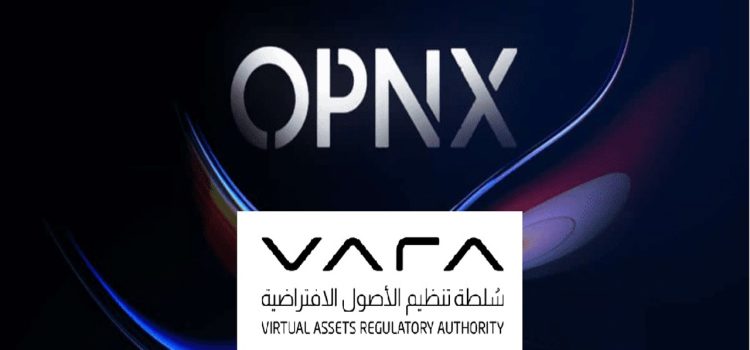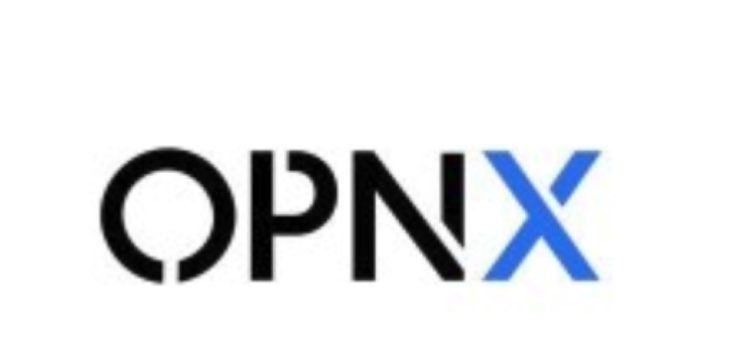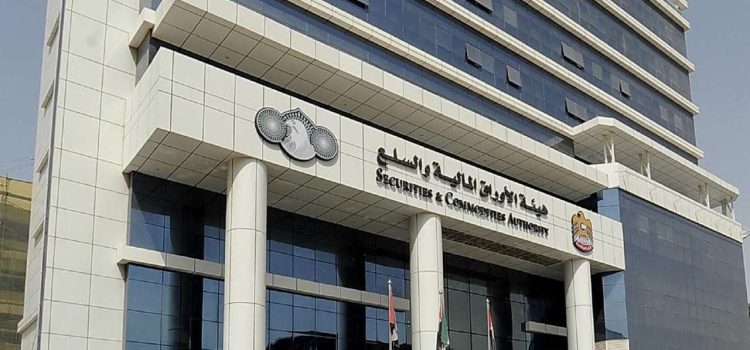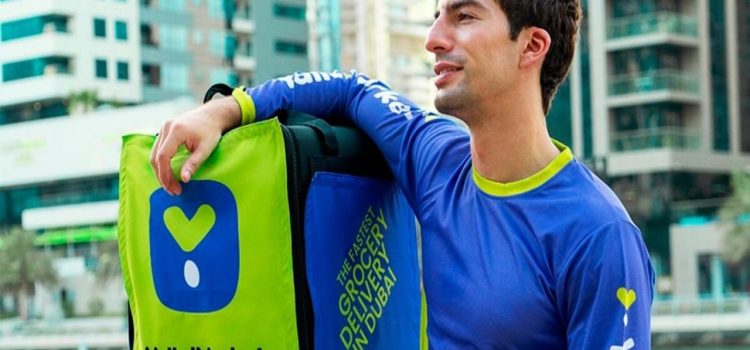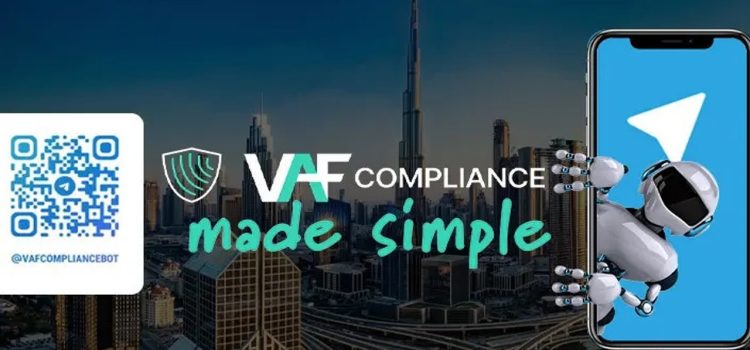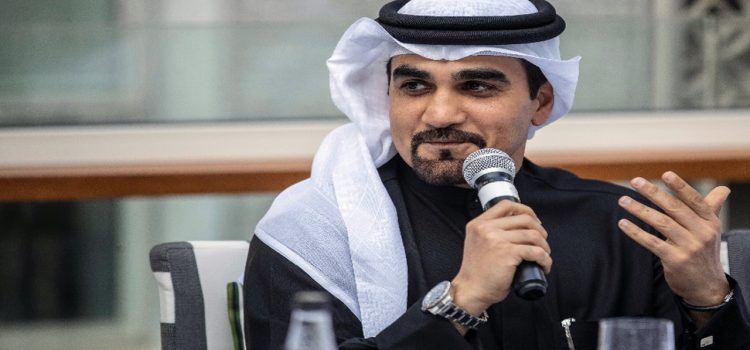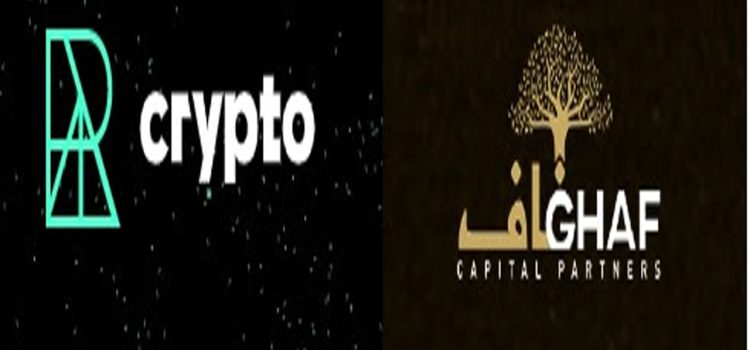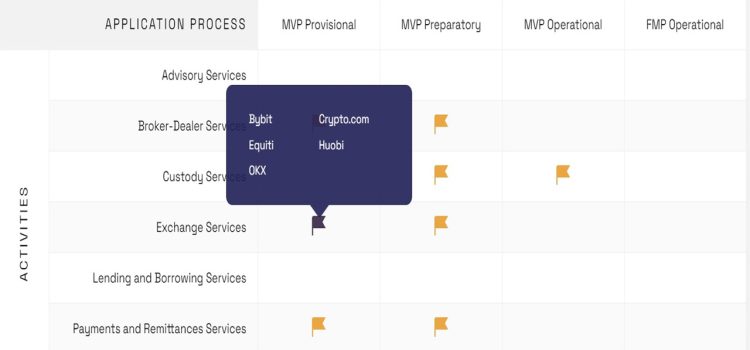The virtual regulatory environment is heating up in Dubai and across the UAE as both UAE’s Securities and Commodities Authority and VARA race towards regulating virtual asset entities both across UAE as well as in Dubai. The UAE Securities and Commodities Authority in a recent press release announced that it has opened up registration for those seeking licenses as virtual asset providers across UAE and has added new licensing virtual asset sectors, while Dubai’s VARA is working with both the Dubai’s Department of Economy and Dubai’s free zones to ensure the set deadline of 30th April for all initial disclosure questionnaires (IDQs).
As stated in the release all virtual asset providers who have a presence in the UAE with exception to those who are licensed in financial free zones are required to apply for a license from UAE SCA authority while entities in Dubai should apply through the unified requirement of both Dubai’s Virtual Asset Authority and SCA enabling them to quickly and easily received their virtual asset service provider licenses.
As per the recent regulations set forth by UAE SCA regarding the operation of virtual asset platforms under Article 3, virtual asset providers in the UAE are not allowed to trade virtual assets until after they have been listed as official licensed virtual asset service providers by the regulatory bodies.
As per article 6 SCA can request documents from virtual asset providers and has the right to oversee, regulate and review the activities of virtual asset platforms. UAE SCA will also have the right to approve virtual assets traded on these platforms as part of the officially accepted virtual asset list.
UAE SCA added that as per recent amendments, SCA has also added other regulated activities to its list of licenses, including virtual asset brokerage services, virtual asset custodians, virtual asset operators, and virtual asset service providers as well as virtual asset wallets.
But this is not all, Dubai’s Virtual Asset Regulatory Authority also announced it is working with Dubai’s Department of Economy and Tourism (DET) and Free Zone Authorities (FZAs), towards meeting the set deadline of 30th April for all initial disclosure questionnaires (IDQs) across the sector to be received as the first step towards the migration of the market to a regulated regime.
Under Cabinet resolution No. 111 of 2022 concerning the regulation of virtual assets and their service providers, which came into effect on 15th January 2023, all companies operating in or seeking to operate in this sector in or from the emirate of Dubai must be licensed by VARA. VARA has been actively engaged, with DET and Dubai’s numerous FZAs to facilitate the seamless transition of existing Virtual Asset Service Providers (VASPs) into the VARA regulatory regime as well as formalize the application process for new regulated licenses.
Helal Saeed Almarri, Director-General of DET, said, “Under the directive of H.H. Sheikh Hamdan bin Mohammed bin Rashid Al Maktoum, Crown Prince of Dubai and Chairman of Dubai Executive Council, we are making progress with Dubai’s D33 Agenda which outlines our mission to establish the Emirate as the capital of the Future Economy anchored by Metaverse, AI, Web3.0 and Blockchain. The virtual assets sector that spans all these pillars is integral to the strategy presenting a dynamically evolving ecosystem that fuels all aspects of sustainable economic growth. Ensuring that our marketplace is secure, participants are responsible, and investors and consumers are effectively protected is our top priority. With key stakeholders responsible for commercial licensing across the Emirate working closely to deploy VARA’s full market regulatory construct, we aim to set a benchmark that positions the Emirate of Dubai as a global role model for VA sector development”.
Legacy market operators carrying out VA activities in Dubai (excluding DIFC) are required to declare their desire to undertake regulated activities by submitting an IDQ to their current licensing authority – DET or any of FZAs, by the final deadline of 30th April 2023. Upon subsequent receipt of an Application Acknowledgement Notice (AAN), operating VASPs will commence the appropriate course of action for those requiring regulation or registration under VARA by 31st August 2023.
Dr. Mohammed Al Zarooni, Secretary-General of the Dubai Free Zones Council, added, “Dubai’s Free Zones have been an integral part of the business landscape for decades, providing start-ups, entrepreneurs and overseas companies looking to establish regional headquarters with access to a geographically strategic, multicultural, dynamic and bureaucracy-free environment. We have witnessed growing interest from virtual assets-focused entities who are keen to adhere to the VARA licensing regime. Adopting the new regulations, provides a safe and sustainable operating environment for VA companies and further establishes Dubai as a credible destination for this sector”.
A total of seven distinct types of regulated VA activity licenses can be applied for: Advisory Services, Broker-Dealer Services, Custody Services, Exchange Services, Lending and Borrowing Services, Transfer and Settlement Services and Management and Investment Services.
Commenting on the imminent April deadline to receive all legacy operator IDQs as the first phase of the migration plans, Henson Orser, Chief Executive Officer, VARA, said, “VARA has been working closely with both DET and the emirate’s Free Zone Authorities in order to ensure a smooth transition for legacy VASPs in Dubai, many of whom were at the forefront of innovation in this space. This transition was further supported by VARA’s Minimum Viable Product (MVP) program, a time bound initiative that enabled new applicants to set up operations and become market ready until official release of our full suite of regulations on 7th February 2023. The introduction of the Virtual Assets and Related Activities Regulations gives the existing companies, a clear timeline to ensure that they submit their initial disclosures by the end of April.”









